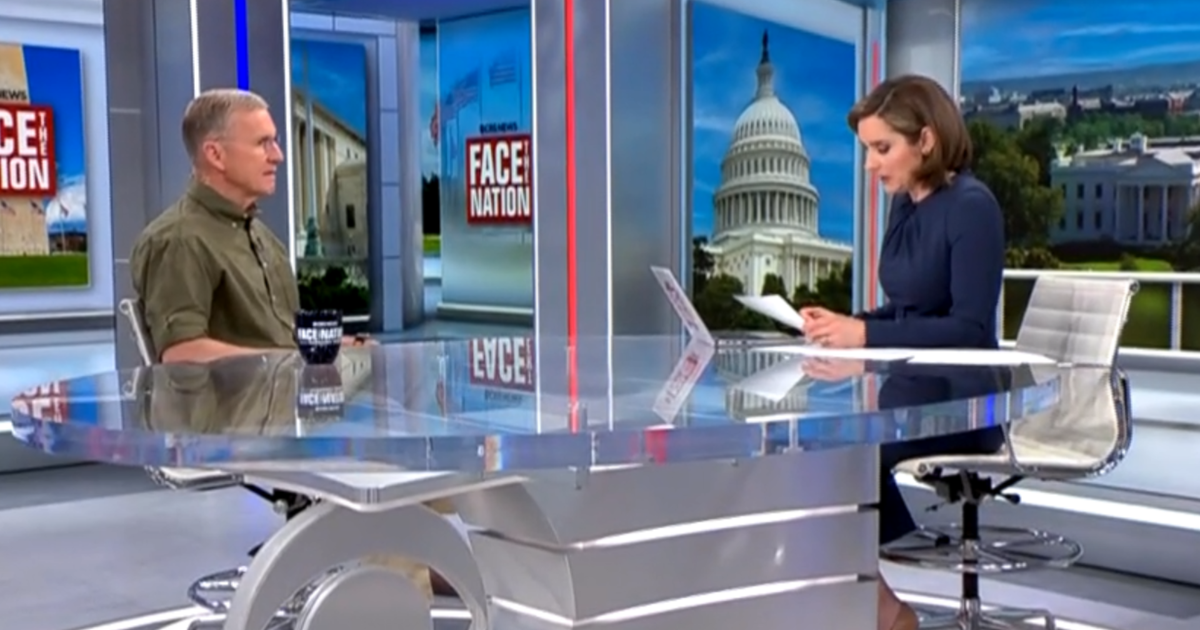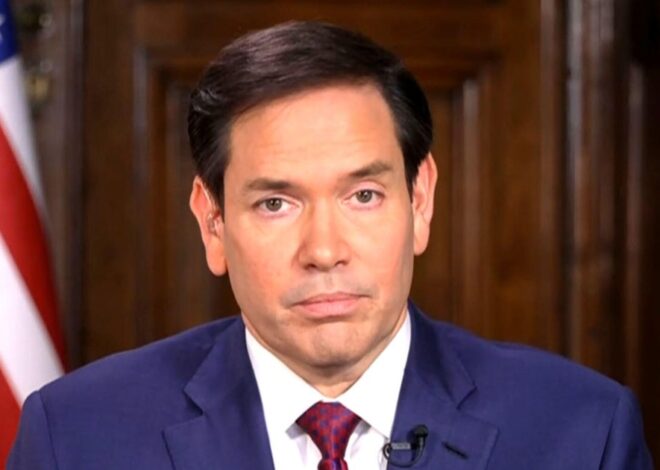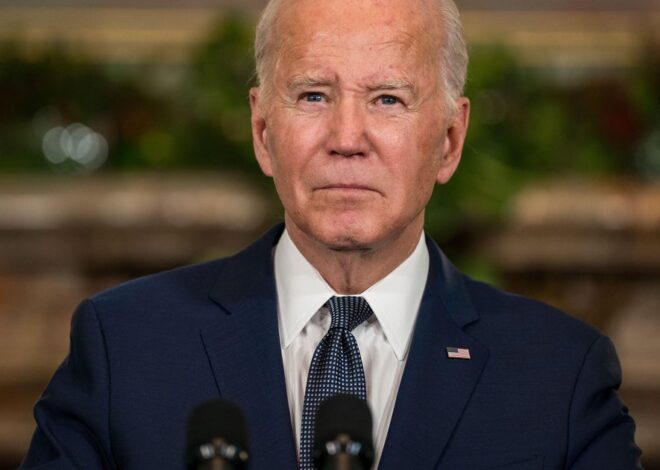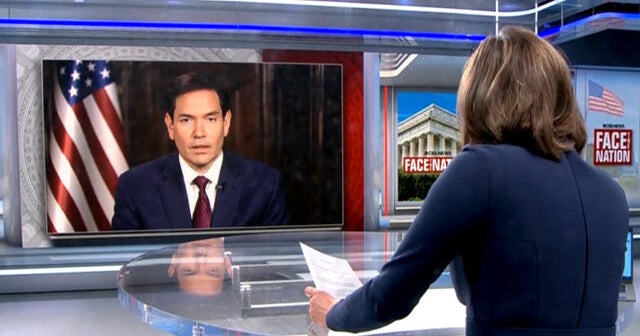
Interview Transcript: Retired General Stanley McChrystal on “Face the Nation” with Margaret Brennan, May 18, 2025
General McChrystal’s Call for a National Character Conversation
There’s something in the air these days-maybe it’s the constant barrage of headlines, the pervasive sense of a world more connected yet more divided than ever. It strikes me as curious how discussions about character and values seem both timeless and timely, like a dance we can’t quite master. Recently, I caught a conversation that struck a chord, a reminder of what might have been quietly brewing in the backdrop.
Retired General Stanley McChrystal, a name familiar to those who followed military operations over the last few decades, sat down with Margaret Brennan. They talked about character-a word that feels big, almost unwieldy, in its implications. “Character is a choice,” McChrystal asserts in his new book, “On Character: Choices That Define a Life.” It’s a statement that lingers, especially when paired with the observation that there’s a loss of trust permeating many of the nation’s institutions-government, journalism, even within our communities. Confused is how McChrystal described the national character, pointing to statistics that only further underline the malaise. A mere 22% of Americans trusted their government a year ago. That’s a startling figure when you consider how much faith underpins democracy.
But McChrystal doesn’t lay the blame squarely at the feet of leaders. In a surprising twist, he suggests they’re more a symptom than a cause, a reflection of our collective choices and attitudes. It’s an unsettling thought that perhaps the solution begins not at the top but at the grassroots-schools, farms, places where life unfolds without the filter of politics. He’s sent copies of his book to college sports coaches, a gesture that seems small but could ripple outwards, prompting conversations that matter.
The retired General isn’t shying away from politics either, despite the common expectation for military figures to remain apolitical post-service. He endorsed Joe Biden and Kamala Harris, a decision he admits wasn’t easy, but one he felt necessary given the stakes. “We were so adrift,” he explained, emphasizing a commitment to values over partisan lines. It’s a sentiment that resonates, especially when thinking about the American identity that was once admired worldwide. The post-World War II era saw the U.S. as a beacon of democracy and culture. Transactional relationships now, McChrystal argues, erode that moral standing.
His thoughts on diversity initiatives, like DEI, are nuanced. There’s a tension between preserving a “warrior ethos” and embracing an inclusive meritocracy that recognizes talents from all corners of society. In McChrystal’s view, effective defense isn’t about looking a certain way but about who can contribute, regardless of their background. It’s a call to tap into a broader pool of talent, an idea that seems obvious yet remains contentious.
The conversation takes a somber turn when Afghanistan is mentioned. With the Taliban back in control, the implications for those who allied with the U.S. are grim. The Trump administration’s decision to revoke protections for some Afghans leaves McChrystal questioning what it says about American character. It’s a stark reminder of promises made-and broken.
In the end, the dialogue with McChrystal is a reminder, maybe even a call to action. It’s about what it means to stand for something beyond the fleeting. Character, it seems, is both the question and the answer. And maybe, just maybe, it’s time to lean in and listen.
For a broader perspective, the BBC provides insightful context on national discussions about character and leadership.
For more details, see this background on crime trends.



